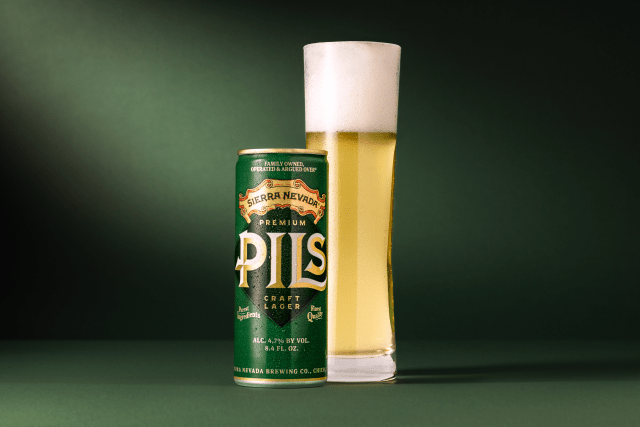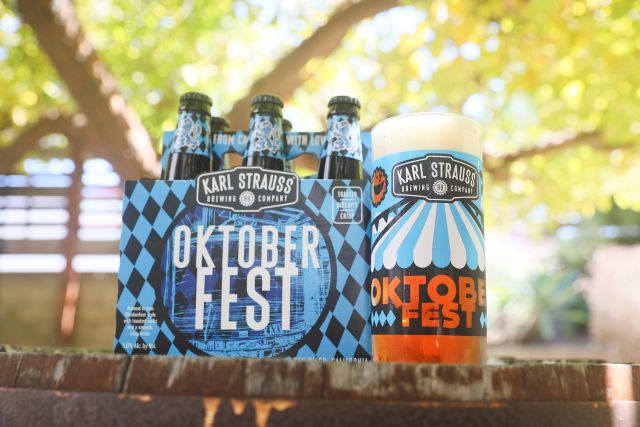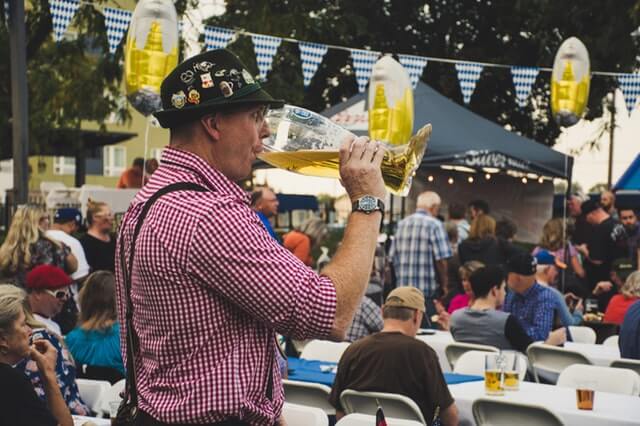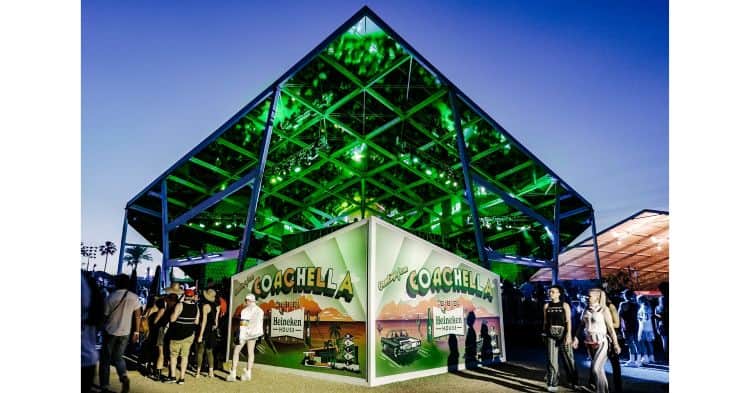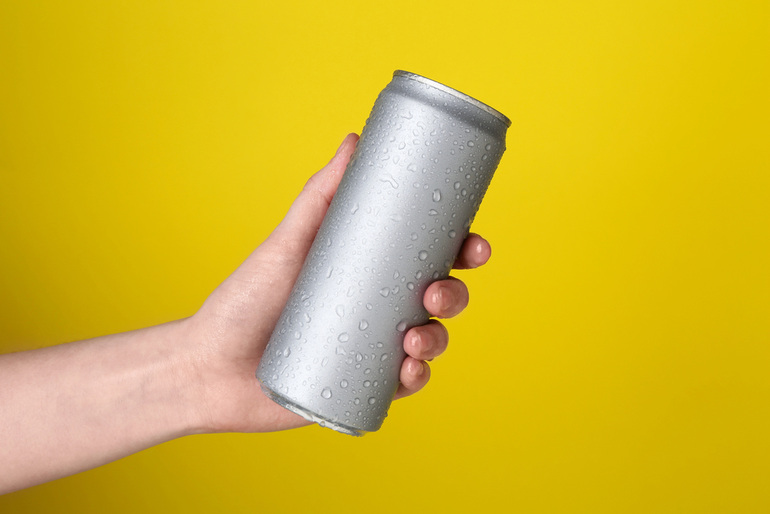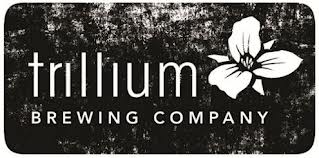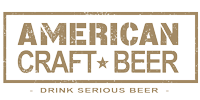The ‘Big Beer’ Wars Heat Up In China
The ‘Big Beer’ Wars Heat Up In China
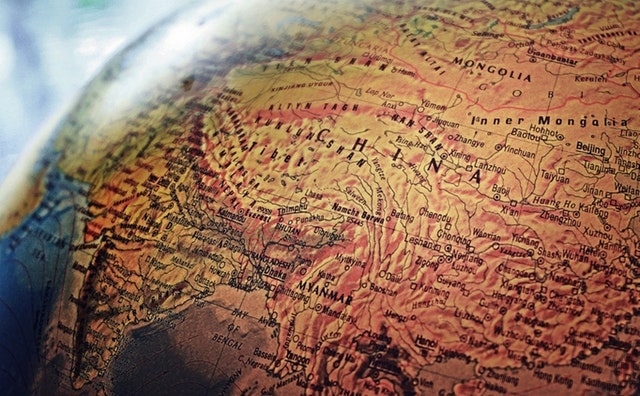
Image credit Suzy Hazelwood
Competition is intensifying in the world’s most populous country with China’s biggest producers moving to solidify their positions as Anheuser-Busch InBev, the world’s biggest brewer, looks to build its market share.
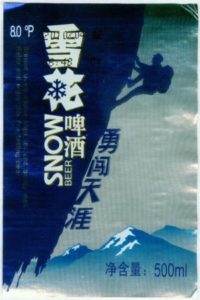 China Resources, home to Snow, the country’s best-selling beer, is the top player in China followed by Tsingtao Brewery and Belgium-based AB InBev.
China Resources, home to Snow, the country’s best-selling beer, is the top player in China followed by Tsingtao Brewery and Belgium-based AB InBev.
To counter an aggressive AB InBev “China Resources Beer has formed an alliance with Netherlands-based Heineken, the world’s second-biggest brewer, and started selling Heineken brand products exclusively, according to Nikkei Asian Review.
And even though Snow is the country’s best selling beer, it’s an alliance that China Resources desperately needed … Snow’s sales are being impacted as China’s consumers migrate to more premium brands. And Heineken is considered a premium brand.
In April China Resources completed its current deal with the Dutch brewing giant buying a 40% stake in the Chinese brewer’s parent, for 24.3 billion Hong Kong dollars ($3.1 billion).
In exchange, China Resources took over all of Heineken’s operations in China. China Resources’ association with Snow, though profitable, have tainted the company’s image. Snow is considered an undistinguished bottom-tier beer by China’s increasingly sophisticated drinkers.
When China Resources launched its own high-priced brand, the brewery intentionally left off the company’s name. And its alliance with Heineken is a play for greater credibility as well as greater profits,
At a recent news conference announcing China Resources’ financial results, CEO Hou Xiaohai announced the company would be marketing sell four to five Heineken brand products in China simultaneously in the near future.
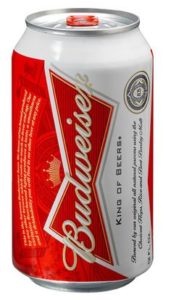 At the same time Budweiser is now more popular in China than it is in the United States, with sales in China surpassing those in the US for the first time in 2018. AB InBev, home to mega-brands like Budweiser, Corona and Stella Artois currently operates 40 breweries across China and it hopes to own more.
At the same time Budweiser is now more popular in China than it is in the United States, with sales in China surpassing those in the US for the first time in 2018. AB InBev, home to mega-brands like Budweiser, Corona and Stella Artois currently operates 40 breweries across China and it hopes to own more.
On May 10th AB InBev announced that had applied to be listed in the Asia-Pacific subsidiary on the Hong Kong stock exchange. If that happens the company could raise an additional $5 billion in funding. Money that according to Asian Review would be used “to beef up its sales efforts and acquire peers in China.”
China Resources and Tsingtao, on the other hand, are countering AB InBev’s aggressive growth in the region by “focusing on the expanding midmarket and premium segments, rather than the low end, which is in decline as younger people turn to other products.”

